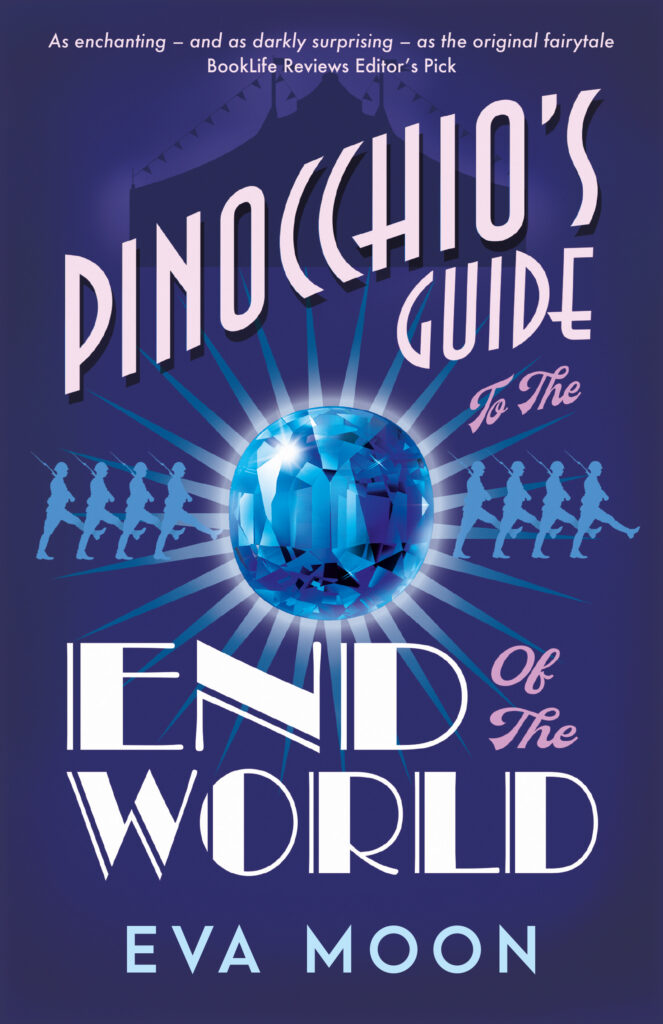“You need to give her permission to go,” Maxine, the hospice nurse urged us.
We were gathered at my grandmother’s home for a final visit. Coming together for this purpose was sad but it was also more joyful than I could have imagined. We sat with her and shared stories, photos, laughter. It was good to be together.
I had flown down from Seattle to L.A. and was staying at grandma’s, sleeping on her rose-pink sofa – a fixture of many of my earliest memories. Since I was there at night, it fell to me to sit with her at two, three, four in the morning while she tried on the future. Sometimes she talked to me, sometimes to loved ones long gone. At one point she seemed to narrate her own death. “I died in November,” she murmured.
One-by-one, we took our leave and gave her our “permission.” When it was my turn and I told her I’d love her forever, she waved me off with an impatient flick of her hand. “Whatever,” she scoffed. It was her to a tee.
But my father, her son, would not give his permission. The intention of this advice seems kind: ease the suffering of the dying, who may be hanging on out of a sense of guilt. But he didn’t see it that way.
“What a horrible thing to say to someone you love! It’s like telling them you’ve had enough and they can just get out now.”
We gently pushed him, echoing Maxine’s words, and finally he complied. A short while later, she passed peacefully. Dad regretted those words and wished he could take them back. Nothing we said could convince him it had been the right thing to do.
A few years later, it was time to say goodbye to my mother and once again, we gathered – this time in her room at a hospice center. This goodbye was far more drawn out and agonizing. Once again, we were urged to give her permission to die and once again, my father refused. A day with her, no matter how awful, was better than a day without her.
We hear this advice to give permission so often it seems like conventional wisdom. It’s a kindness — an act of generosity, even. Putting the needs of another ahead of our own selfish desire to hold onto something we want is a selfless, mature act. What are we? Spoiled children clinging to a security blanket? But to what extent are we assuaging our own guilt about wanting to be done with this messy process by convincing ourselves it’s “what she wants”?
My mother faded away, week after impossible week. Near the end, since we were all together, we decided to make an early Thanksgiving – her favorite holiday – at my home nearby. We planned it for the earliest day the last of the family could fly in, but it was still several days away. The hospice told us it would most likely be a memorial – she was perhaps hours from death. But my father urged her to stay and she stayed. She couldn’t speak, but her eyes were expressive: She wanted to be at that dinner.
As Friday approached and she hung on, we scrambled to move the dinner to her, just in case. The center kindly provided a conference room, china, silverware, cloth napkins. We brought the food in slow cookers and towel-wrapped casseroles. At dinnertime, the nurses moved her to a reclining wheelchair so she could be at the table with us. It may sound a bit macabre, but it wasn’t. It was wonderful. Aside from one grandchild who could only be there by Skype, everyone else was around that table. We ate and drank, shared memories, laughed, cried, made endless toasts. My father’s toast to her was a testament to lifetime of love and companionship.
A short while later, she left us, without permission, but with acceptance.
Does giving permission make a difference? I’m still undecided. If he’d followed that advice weeks earlier, she might have been spared some suffering. But she would have missed that Thanksgiving dinner too. She was happy to be there – we could see it in her eyes.


